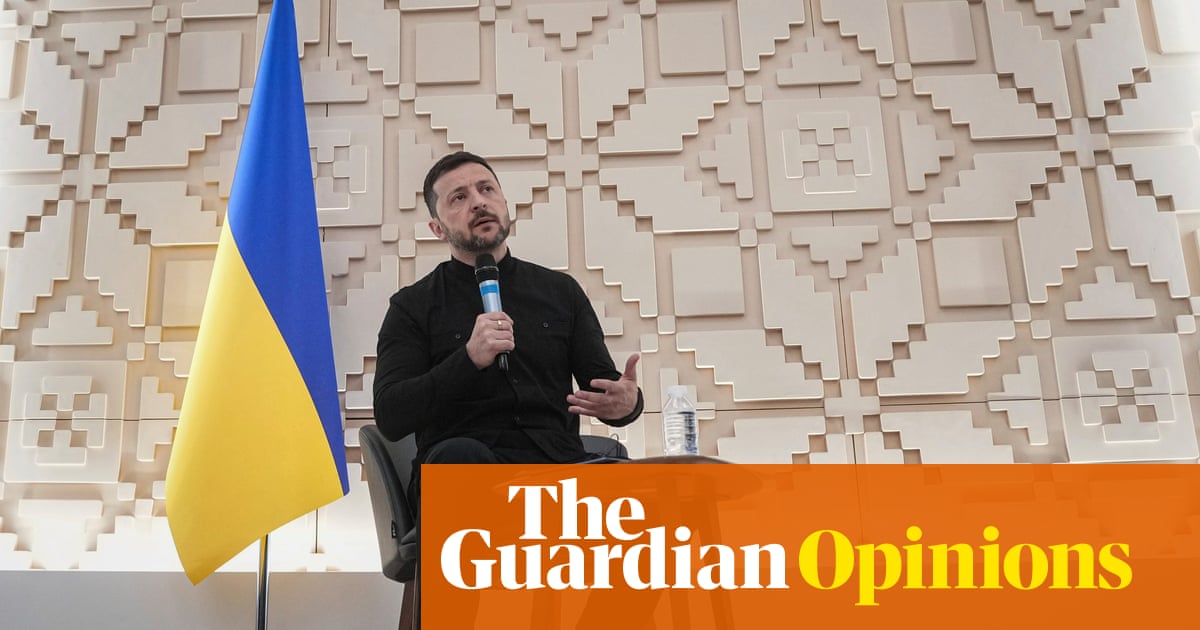Thefirst direct talks between Russia and Ukrainefor three years should have been a momentous occasion. Since 2022, Russian war crimes have only deepened the chasm between them. Yet Donald Trump, who demanded this meeting, underlined that it was largely a charade when hetoldreporters: “Nothing’s going to happen until Putin and I get together.” It made plain that Russia felt no pressure to cooperate.
While difficult negotiations often begin on easier terrain, the agreement of a mass prisoner swap looked like a discrete achievement. The real significance of the Istanbul talks lay less in their substance than the messages sent by their existence and attendance list.
The hasty proposal for direct talks was Vladimir Putin’s escape route after European leadersdemanded Russiaagree to an unconditional 30-day ceasefire, or face increased sanctions and weapons transfers. Ukraine and its backers said there should be no meetings without a ceasefire, but Kyiv was forced to concede when Mr Trumpinsistedit participate. Painful experience has taught it that it does not pay to defy the US president.
Volodymyr Zelenskyy turned the Russian president’s proposal back on him bychallenging him to attend the talkspersonally, vowing to wait for him in Turkey. This was,said a Ukrainian official,“a theatre performance for just one audience member”, reinforcing the message that Mr Putin is the obstacle to peace.
Mr Putin snubbed the meeting. Russia wasrepresented bythe nationalist ideologue Vladimir Medinsky and Alexander Vasilyevich Fomin, a veteran military officer and diplomat whoreportedly told Ukrainiansin the last talks that if they refused to capitulate, “We will keep killing and slaughtering you.” Moscow’s approachdid not appear much more diplomaticthis time: Ukraine said that Russia voiced “unacceptable” things.
Mr Zelenskyy was deft in portraying the Russian leader’s non-attendance as “disrespect for Trump”. There is evidence of some frustration with Moscow in Washington. JD Vancesaid recently that it was “asking for too much”, and Mr Trump had previouslysuggestedhe was “very angry, pissed off” with Mr Putin. Lindsey Graham, a key Trump ally, says he has sufficient senatorial support to pass “devastating” new sanctions. But he described his bill as part of the president’s arsenal, and Mr Trump is unlikely to unleash it. That said, Mr Putin will need to ensure he does not overplay his hand, given Mr Trump’s unpredictability. And while Mr Putin may think spinning out the conflict is currently in Russia’s interests, the war is not cost‑free for his country.
The recent dizzying narrative twists have revealed greater coordination and resolve on Europe’s part. (Germany this weekannouncedthat it would hit Mr Trump’s demand for defence spending to reach 5% of GDP by 2032, albeit by including related infrastructure.) But US arms will run out long before Europe is fully ready to step into the breach. The key question surely remains not whether the US president can be coaxed and flattered into being more helpful, but whether he can be dissuaded from becoming actively obstructive – cutting off intelligence or Starlink, or preventing Europe from buying arms for Ukraine. Put that way, Mr Trump’s observation that “nothing’s going to happen” until he meets Mr Putin sounds more chilling. Meanwhile, off the diplomatic stage, the Russian attacks continued on Friday: further evidence of the urgent need for a ceasefire.
